Guns, Germs, and Steel: The Fates of Human Societies
By Jared Diamond
Category
HistoryRecommended by
"Guns, Germs, and Steel" by Jared Diamond is a groundbreaking exploration of human history that seeks to answer the question of why some societies have thrived while others have not. Diamond argues that the inequalities between civilizations can be attributed to geographical and environmental factors rather than innate differences between people.
Diamond delves into the early beginnings of human civilization, investigating how certain regions, such as Eurasia, were able to develop advanced technologies, complex political systems, and immunities to diseases. He attributes their success to the abundance of domesticable plants and animals in these regions, as well as the availability of natural resources.
Furthermore, Diamond examines the impact of geographic barriers, such as mountains and seas, which affected the rate of cultural diffusion and intermixing of ideas between societies. These barriers, along with the development of writing systems and complex trade networks, allowed certain regions to flourish while others remained stagnant.
The author also explores the devastating consequences of European colonization and the spread of deadly diseases, including the role they played in shaping the world as we know it today. Diamond challenges traditional theories that attribute European dominance solely to superior intellect or military power, emphasizing the influence of geographic advantages and timing.
In "Guns, Germs, and Steel", Jared Diamond presents a compelling argument about the role of geography, environment, and historical circumstances in shaping the fortune of civilizations. By examining the patterns of human history from prehistoric times to the present, Diamond provides a thought-provoking analysis that challenges prevailing beliefs about the origins of inequality and offers a new lens through which to view our shared human story.
Diamond delves into the early beginnings of human civilization, investigating how certain regions, such as Eurasia, were able to develop advanced technologies, complex political systems, and immunities to diseases. He attributes their success to the abundance of domesticable plants and animals in these regions, as well as the availability of natural resources.
Furthermore, Diamond examines the impact of geographic barriers, such as mountains and seas, which affected the rate of cultural diffusion and intermixing of ideas between societies. These barriers, along with the development of writing systems and complex trade networks, allowed certain regions to flourish while others remained stagnant.
The author also explores the devastating consequences of European colonization and the spread of deadly diseases, including the role they played in shaping the world as we know it today. Diamond challenges traditional theories that attribute European dominance solely to superior intellect or military power, emphasizing the influence of geographic advantages and timing.
In "Guns, Germs, and Steel", Jared Diamond presents a compelling argument about the role of geography, environment, and historical circumstances in shaping the fortune of civilizations. By examining the patterns of human history from prehistoric times to the present, Diamond provides a thought-provoking analysis that challenges prevailing beliefs about the origins of inequality and offers a new lens through which to view our shared human story.
Share This Book 📚
More Books in History
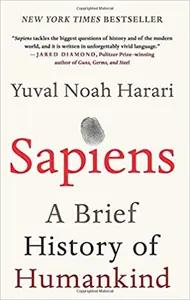
Sapiens
Yuval Noah Harari
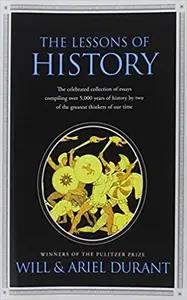
The Lessons of History
Will & Ariel Durant

Destined For War
Graham Allison
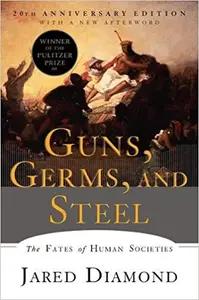
Guns, Germs, and Steel
Jared Diamond
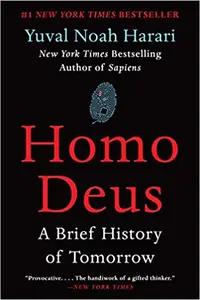
Homo Deus
Yuval Noah Harari

The Autobiography of Benjamin Franklin
Benjamin Franklin
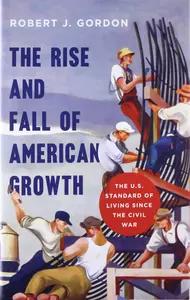
The Rise And Fall Of American Growth
Robert J. Gordon

Titan
Ron Chernow
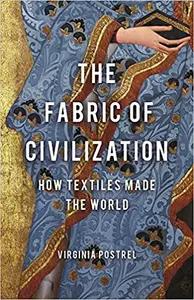
The Fabric of Civilization
Virginia Postrel

The Last Days of Night
Graham Moore

The Last Lion
Paul Reid

Dead Wake
Erik Larson
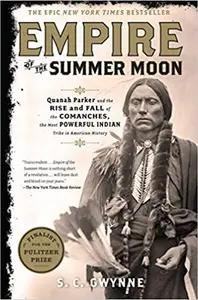
Empire of the Summer Moon
S.C. Gwynne

Faraday, Maxwell, and the Electromagnetic Field
Nancy Forbes
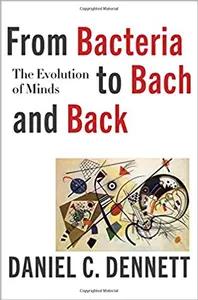
From Bacteria to Bach and Back
Daniel Dennett

Guns, Sails, and Empires
Carlo M. Cipolla
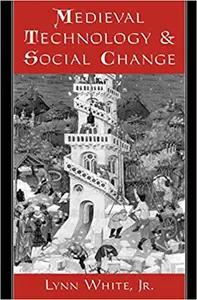
Medieval Technology and Social Change
Lynn White
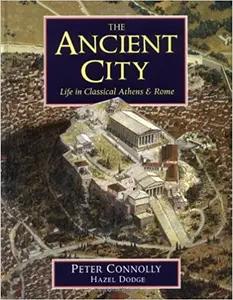
The Ancient City
Peter Connolly

The Forgotten Man
Amity Shales
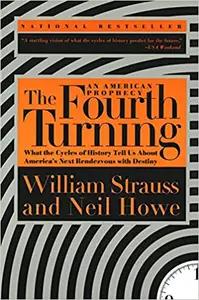
The Fourth Turning
William Strauss
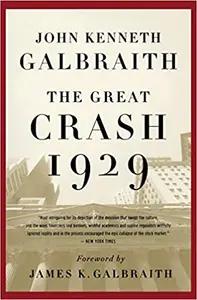
The Great Crash of 1929
John Kenneth Galbraith

The Law
Frederic Bastiat
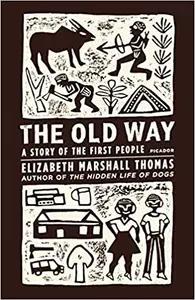
The Old Way
Elizabeth Marshall Thomas
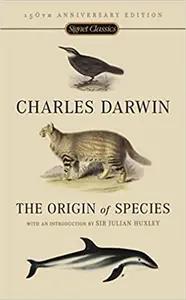
The Origin of Species
Charles Darwin
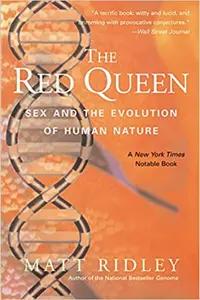
The Red Queen
Matt Ridley
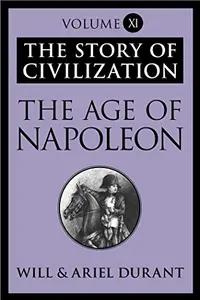
The Story of Civilization
Will & Ariel Durant

Tuxedo Park
Jennet Conant
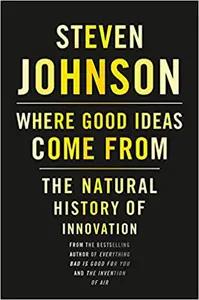
Where Good Ideas Come From
Steven Johnson
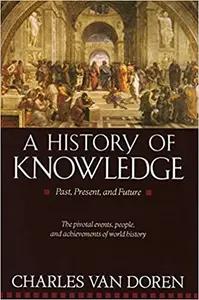
A History of Knowledge
Charles Van Doren

A History of Rome
Moses Hadas
Popular Books Recommended by Great Minds 📚
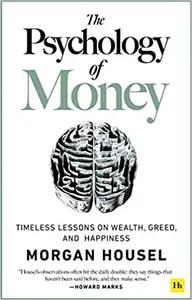
The Psychology of Money
Morgan Housel
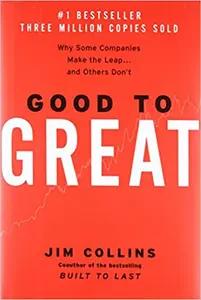
Good To Great
Jim Collins
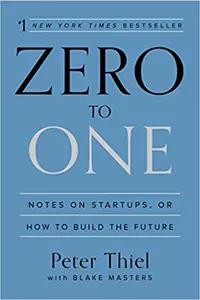
Zero to One
Peter Thiel

7 Powers
Hamilton Helmer

Dune
Frank Herbert

Foundation
Isaac Asimov
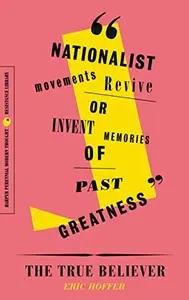
The True Believer
Eric Hoffer

How to Change Your Mind
Michael Pollan
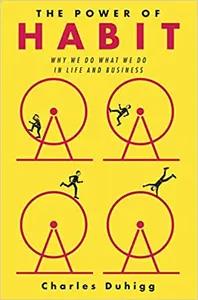
The Power of Habit
Charles Duhigg
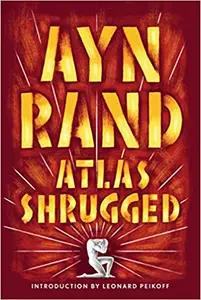
Atlas Shrugged
Ayn Rand

The Courage To Be Disliked
Ichiro Kishimi

Security Analysis
Benjamin Graham
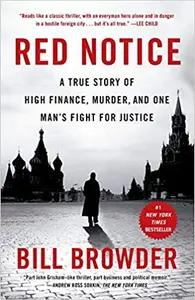
Red Notice
Bill Browder

Shoe Dog
Phil Knight
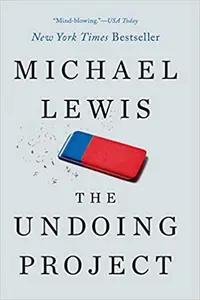
The Undoing Project
Michael Lewis
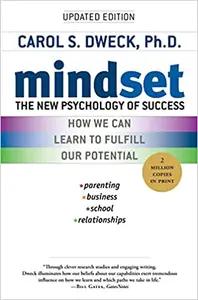
Mindset
Carol Dweck

The Rise And Fall Of American Growth
Robert J. Gordon
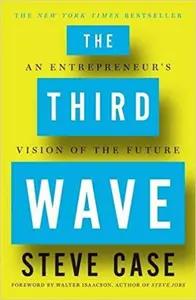
The Third Wave
Steve Case
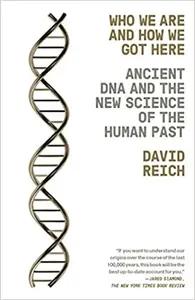
Who We Are and How We Got Here
David Reich
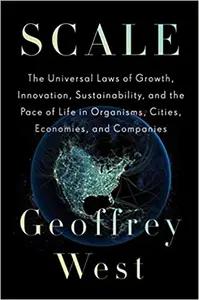
Scale
Geoffrey West

The Almanack of Naval Ravikant
Eric Jorgenson
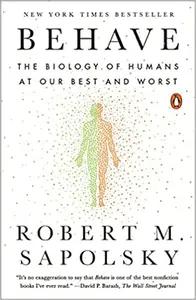
Behave
Robert Sapolsky
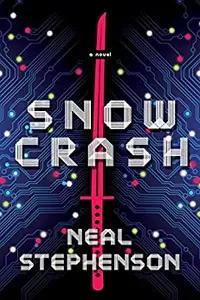
Snow Crash
Neal Stephenson
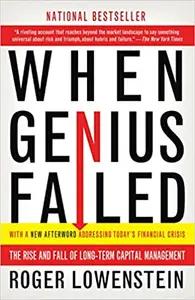
When Genius Failed
Roger Lowenstein
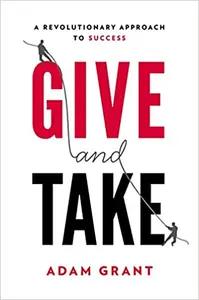
Give and Take
Adam Grant
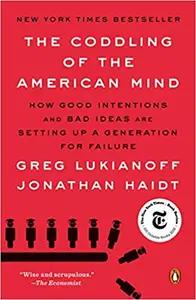
The Coddling of the American Mind
Greg Lukianoff & Jonathan Haidt
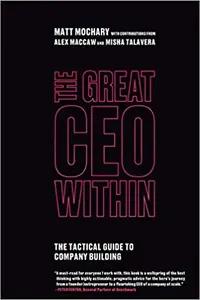
The Great CEO Within
Matt Mochary

Thinking In Bets
Annie Duke
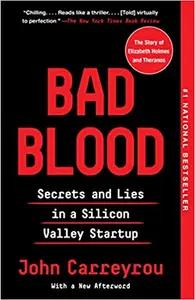
Bad Blood
John Carreyrou
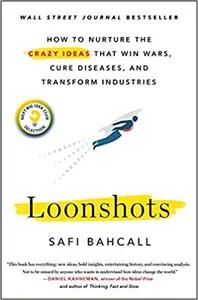
Loonshots
Safi Bahcall